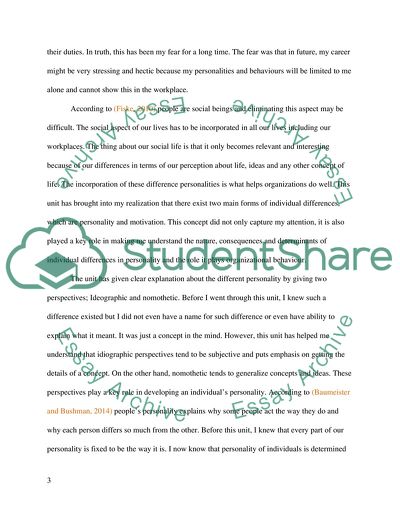Cite this document
(Organisational behaviour is the sport industry. Reflective essay, n.d.)
Organisational behaviour is the sport industry. Reflective essay. https://studentshare.org/sociology/1875007-organisational-behaviour-is-the-sport-industry-reflective-essay
Organisational behaviour is the sport industry. Reflective essay. https://studentshare.org/sociology/1875007-organisational-behaviour-is-the-sport-industry-reflective-essay
(Organisational Behaviour Is the Sport Industry. Reflective Essay)
Organisational Behaviour Is the Sport Industry. Reflective Essay. https://studentshare.org/sociology/1875007-organisational-behaviour-is-the-sport-industry-reflective-essay.
Organisational Behaviour Is the Sport Industry. Reflective Essay. https://studentshare.org/sociology/1875007-organisational-behaviour-is-the-sport-industry-reflective-essay.
“Organisational Behaviour Is the Sport Industry. Reflective Essay”. https://studentshare.org/sociology/1875007-organisational-behaviour-is-the-sport-industry-reflective-essay.


